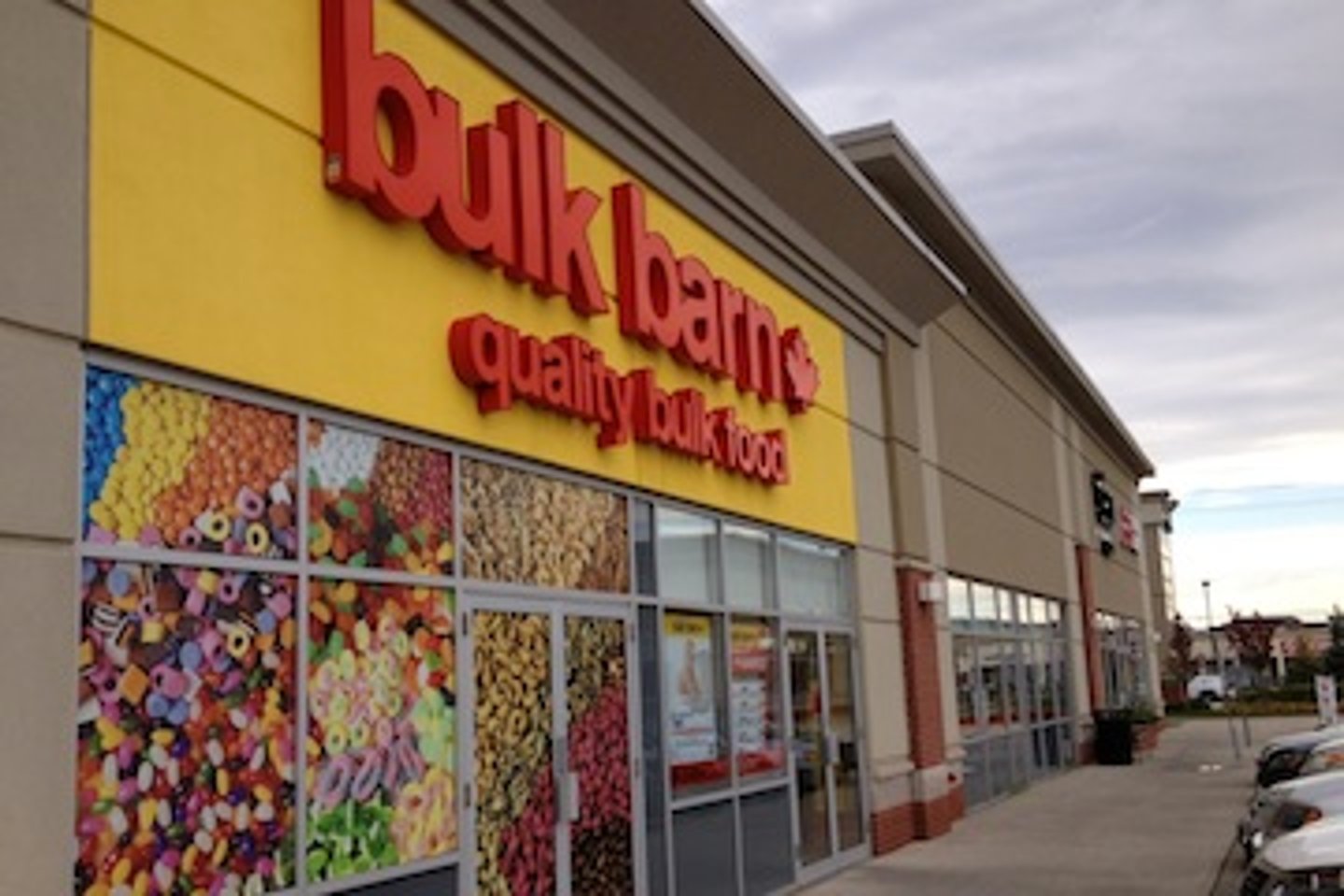A high-growth food retailer that's trying to keep it loose
It’s a retail concept that harkens back to the general store: scooping what you need, placing the bag on a scale and paying for the product by weight. But Bulk Barn, purveyor of everything from goji berries to gluten-free flour, is anything but stuck in the past.
The franchise company, founded in 1982 by Carl Ofield, now has 190 locations nationwide. That’s up from 140 just two years ago. This year, according to its Facebook page, Bulk Barn has opened one to three stores every month since June, the majority in Ontario.
Though the company doesn’t talk to the press or make noise with splashy ad campaigns, Bulk Barn is clearly (and quietly) on a roll.
“It’s not unlike the way many dollar-store concepts flew under the radar before people began to realize just what a critical force they would have in the retail dynamic,” says Anthony Stokan, partner at Toronto-based retail consultancy Anthony Russell Inc.
“They have done an exceptional job of carving out a niche that is really unique and that represents the most basic foundation of retailing in a historic context," Stokan adds.
READ: Groceries gone naked
Initially located in shopping malls, Bulk Barn stores are now mainly found in big-box developments, strip plazas and stand-alone locations.
A growing number are also cropping up near high-end grocery stores. In Toronto, there’s one near Loblaws’ Maple Leaf Gardens store, and another across the parking lot from the Longo’s in tony Leaside. A Bulk Barn also sits conspicuously close to the upscale Fortinos in Burlington, Ont.
A typical Bulk Barn is 5,000 square feet and carries more than 4,000 products, including nuts, snacks, spices, baking supplies and, more recently, loose tea.
“They continue to refine their SKUs and they run a really tight operation with modest, seasonal adjustments around particular holidays and events,” says Stokan. “But their core merchandising strategy is really brilliant.”
Stokan is especially impressed with Bulk Barn’s newest stores, which he describes as fresh and inviting. “That is certainly part of what’s driving their success.”
According to analysts, two consumer trends are adding to Bulk Barn’s appeal with consumers. First is the green movement, says retail consultant Ed Strapagiel. “Part of the green thing is the minimalist packaging at Bulk Barn; all you get is a little plastic bag” with no extraneous wrapping.
Secondly, Canadian household sizes are shrinking. For the first time, there are more people living alone in Canada than there are couples with children, according to Statistics Canada’s 2011 census.
Couples with children have also continued to decline, down to 26.5 per cent of all households from 28.5 per cent in 2006. At Bulk Barn “you can get exactly the amount you want and not have to buy a standard package that you have for the next 25 years,” says Maureen Atkinson, senior partner at JC Williams Group, a retail consultancy.
Another factor fuelling Bulk Barn’s growth is there’s little competition in the bulk space. “In their particular niche, they’re pretty well alone,” Strapagiel says. “There are other bulk food stores but a lot of them are independents with one location or very small chains.”
Even most supermarkets have relatively small bulk food sections. An exception might be the previously mentioned Fortinos in Burlington, which carries 600 items in a large store-within-a-store bulk department.
Strapagiel thinks Bulk Barn has done well because it’s well established, consumers know what to expect and it has a good reputation. “I don’t recall any disasters with spider nests in the food bins. They’ve done well that way.”

